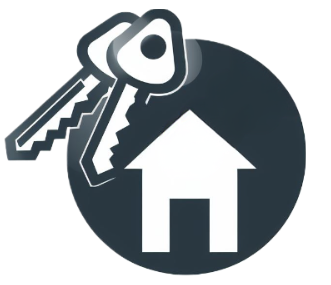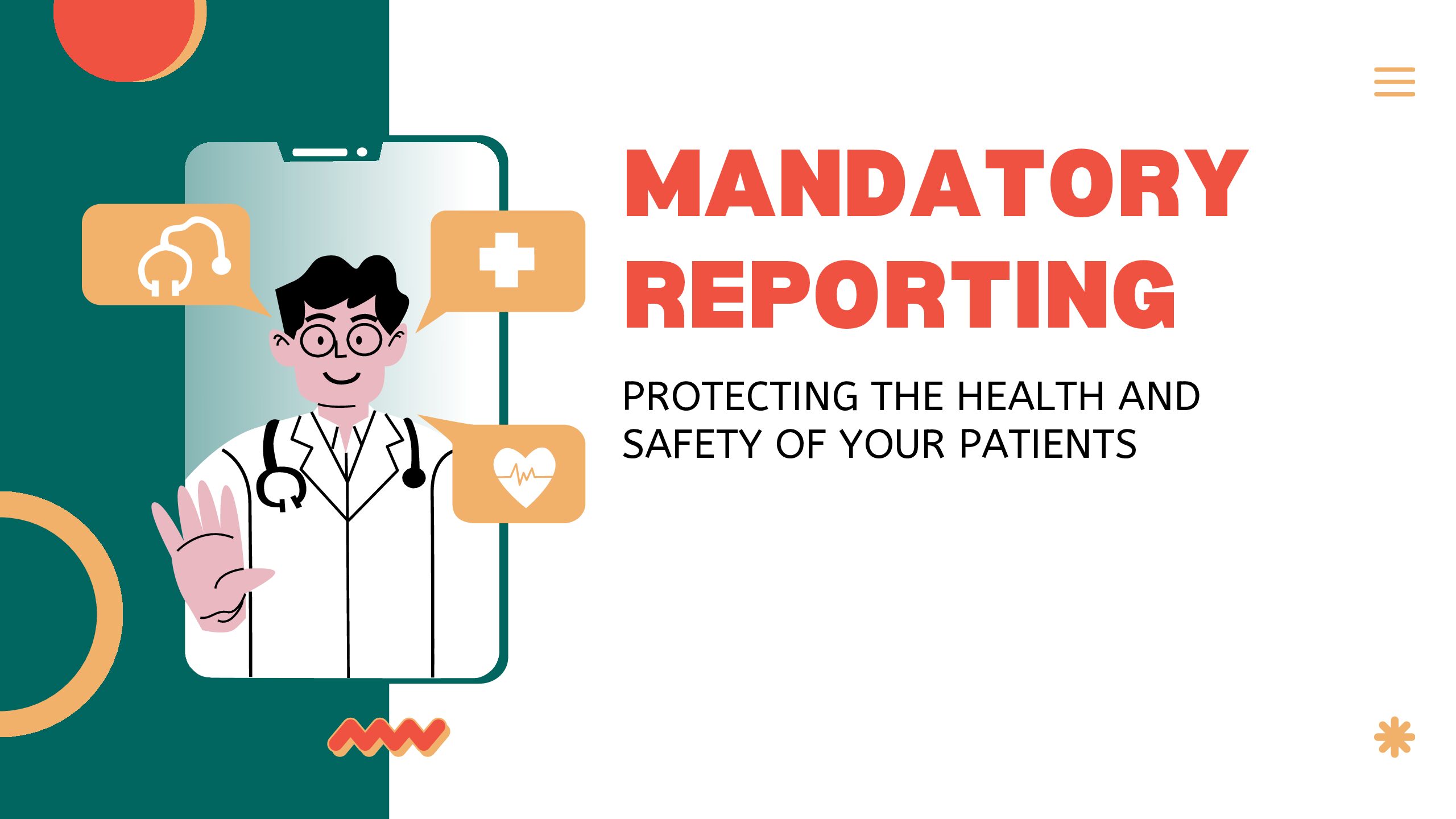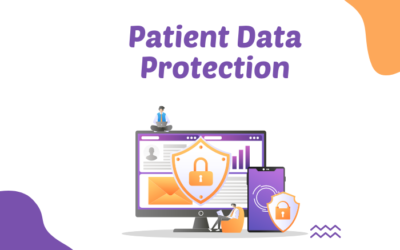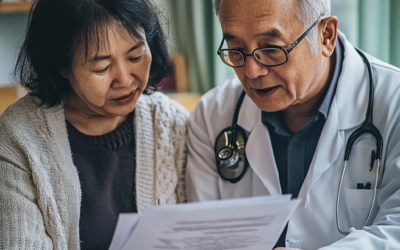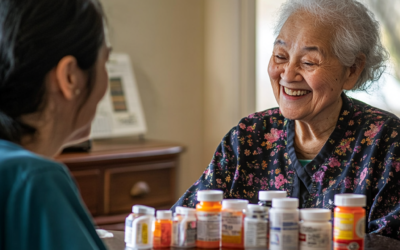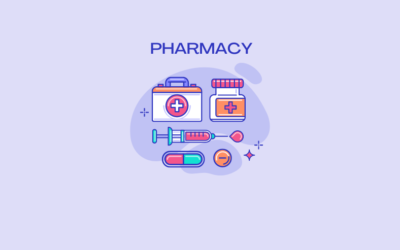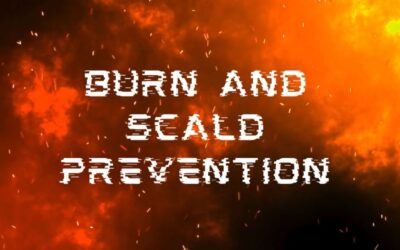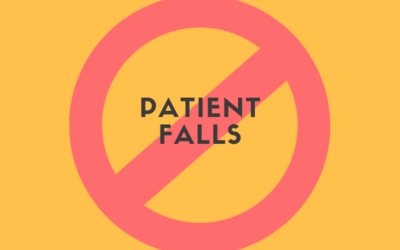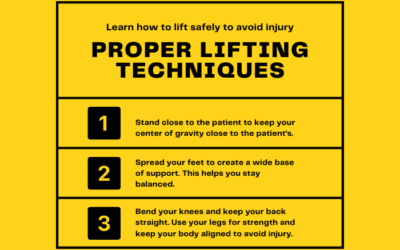Keeping Hands Clean: A Guide for Hospice Clinicians
Clean hands are one of the most important ways you protect your patients, yourself, and your community. Let's learn why hand hygiene is so vital and how to do it right. A Quick Look Back: Did you know that doctors didn't always understand the importance of...
See Something Say Something: Mandatory Reporting!
Hospice clinicians are mandated reporters with an individual duty to report known or suspected patient abuse. See something – say something!
Hospice Documentation: Why It’s Vital and How to Do It Right
What is documentation? Documentation is an essential part of patient care, especially when you are working as a member of a hospice team. Hospice documentation involves writing down everything you did, observed, and discussed with the patient and their family during...
Patient Privacy, Confidentiality, and HIPAA Regulations
As a member of the hospice healthcare team, you play an important role in caring for your patients. Because of this, you will often learn private information about them - not just about their health, but also about their personal relationships, their financial...
Understanding Advanced Directives
What are advanced directives? Advanced directives give patients the ability to direct their medical care in advance. Advanced directives are legal documents that tell doctors and caregivers what a patient wants for their healthcare if the patient becomes too sick to...
Helping with Medications: What Hospice Aides Need to Know
As a hospice home health aide (HHA), you have an important job in taking care of patients. Part of your job is helping with medications, but it’s really important to know what you can and can’t do. The rules might change depending on the state you work in, because...
OTC, Prescription Medications, and Quality of Patient Care
When taking care of patients in hospice, it’s important to understand the difference between over-the-counter (OTC) and prescription medications. Knowing how these medications work and what they’re used for can help you provide better care. What Are Over-the-Counter...
Burn Prevention for Hospice Patients
Burns and scalds are serious injuries that can happen to anyone, but they are especially dangerous for people who are sick or elderly. Understanding how these injuries occur and how to prevent them is a key part of your job as a hospice aide. Burns can be caused by...
Fall Prevention for Hospice Patients
Falls can cause serious injuries, so it's important to take steps to prevent them. By being careful and following these tips, you can help keep your patients safe from falls. What May Contribute to Falls Several things can make a patient more likely to fall....
Body Mechanics for Improved Safety
Body mechanics means using your body the right way to do tasks safely and without getting hurt. When you take care of patients, it’s important to use good body mechanics to protect yourself from injuries. Let’s start by learning some key ideas that help you understand...
